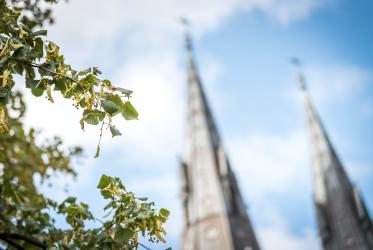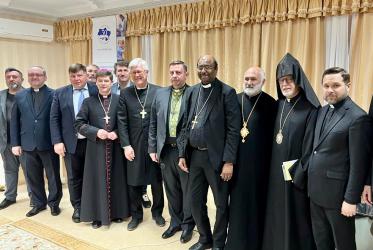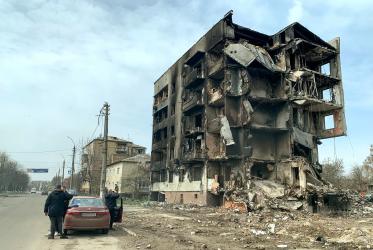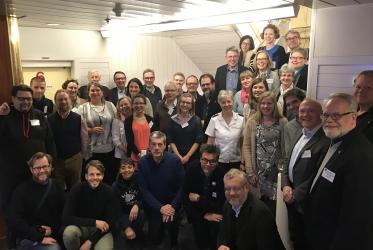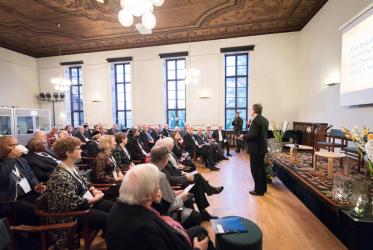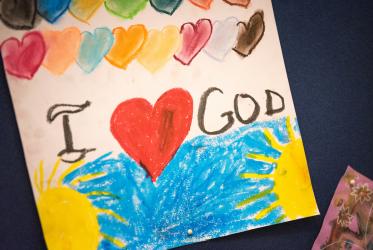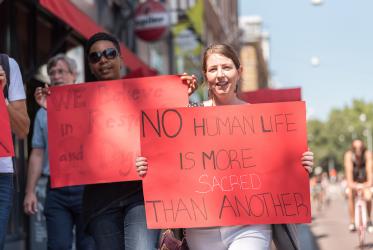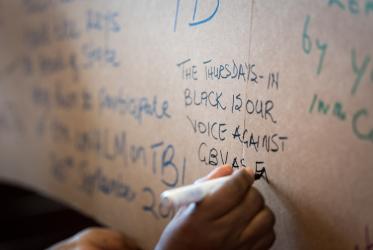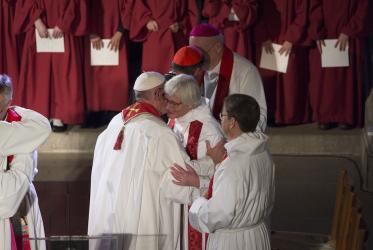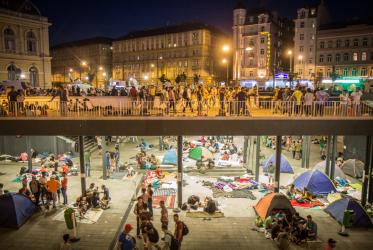Displaying 1 - 18 of 18
15 February 2024
WCC Executive Committee envisions future for one ecumenical movement
08 November 2018
“Empower our pilgrimage through love”
07 November 2018
WCC executive committee tackles public issues
07 November 2018
Churches are vital to renewed focus on gender violence, says WCC
07 November 2018
WCC supports UN petition from French Polynesia
07 November 2018
Looking back and ahead
31 October 2018
#WCC70: Nathan Söderblom, ecumenical pioneer
29 August 2018
WCC Executive Committee commends Reformation dialogue
28 November 2016
European churches encouraged to work together to address refugee crisis
10 September 2015
WCC Executive Committee speaks out on migrant crises
12 June 2015
